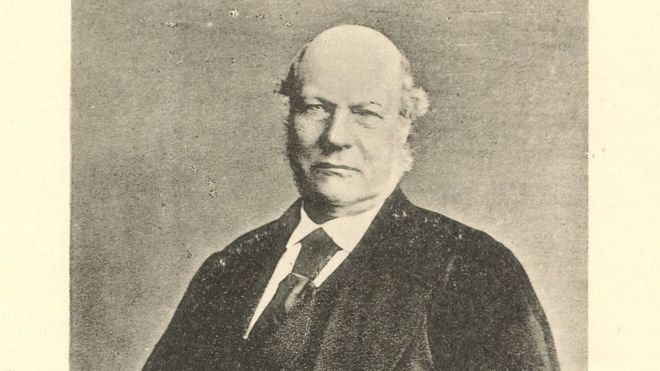Today on My Poetic Side we take a look at the archives of a mostly forgotten poet that have been gifted to the archive of the Cambridge University Library.
Forgotten Poems to be Archived by Cambridge University

Cambridge University archivists are to step forward and save a rare collection of handwritten poems by James Withers, the mostly forgotten poet from the 19th century.
Withers died in 1892, in relative anonymity, and destitute in the Cambridgeshire countryside.
The manuscripts which number in the hundreds have been given to the library at the University by the great-great-grandson to the poet.
Whilst Withers is not quite as famous as a poet as some of his peers his work is of real interest to the library who are keen to collect poetry from local writers. As a self-taught poet with no level of formal education of any sort, Withers poetry is of particular interest, as he forms a part of what is a long tradition of rural poetry writers like the better-known John Clare.
Withers has been described by a local historian as being something of a dreamer, a poet with a love of the natural world around him. He was a contemporary of both Byron and Keats and was writing his own notes at a time when Charles Dickens was just beginning along the writing path. Many of the notes contained within the archive are written on the back of bills, or scraps of paper and are a key insight into the life of a rural poet.
Withers talent wasn’t spotted until 1854 when a wife of a farmer he was working for at the time pushed him to publish what was to be the first of a number of poetry volumes. He toured with his poetry and it was during this time that his verses came to the attention of royalty, namely Queen Victoria.
There is a letter amongst the archives that confirms that in 1860 he was given a sum of £50 from “Her Majesty’s Royal Bounty” – this award was made following a recommendation from the prime minister.
Withers life took a turn for the worst in later years when he made a number of investments that failed, he lost his money and at 80 years old he died in Fordham in poverty.
He was relatively famous in literary circles throughout his lifetime but in the years since he has mostly been forgotten. The poet’s great-great-grandson, who is 93, has donated the archives because he wants to keep the memory of Withers alive. He believes that the reason Wither’s poetry has mostly been forgotten is because he was not educated, but that if he had had a formal education then he, as a writer, would likely to have been lauded like his peers whose poetry has stood the tests of time and who are still as well known now as it was during their lifetime.


You must register to comment. Log in or Register.